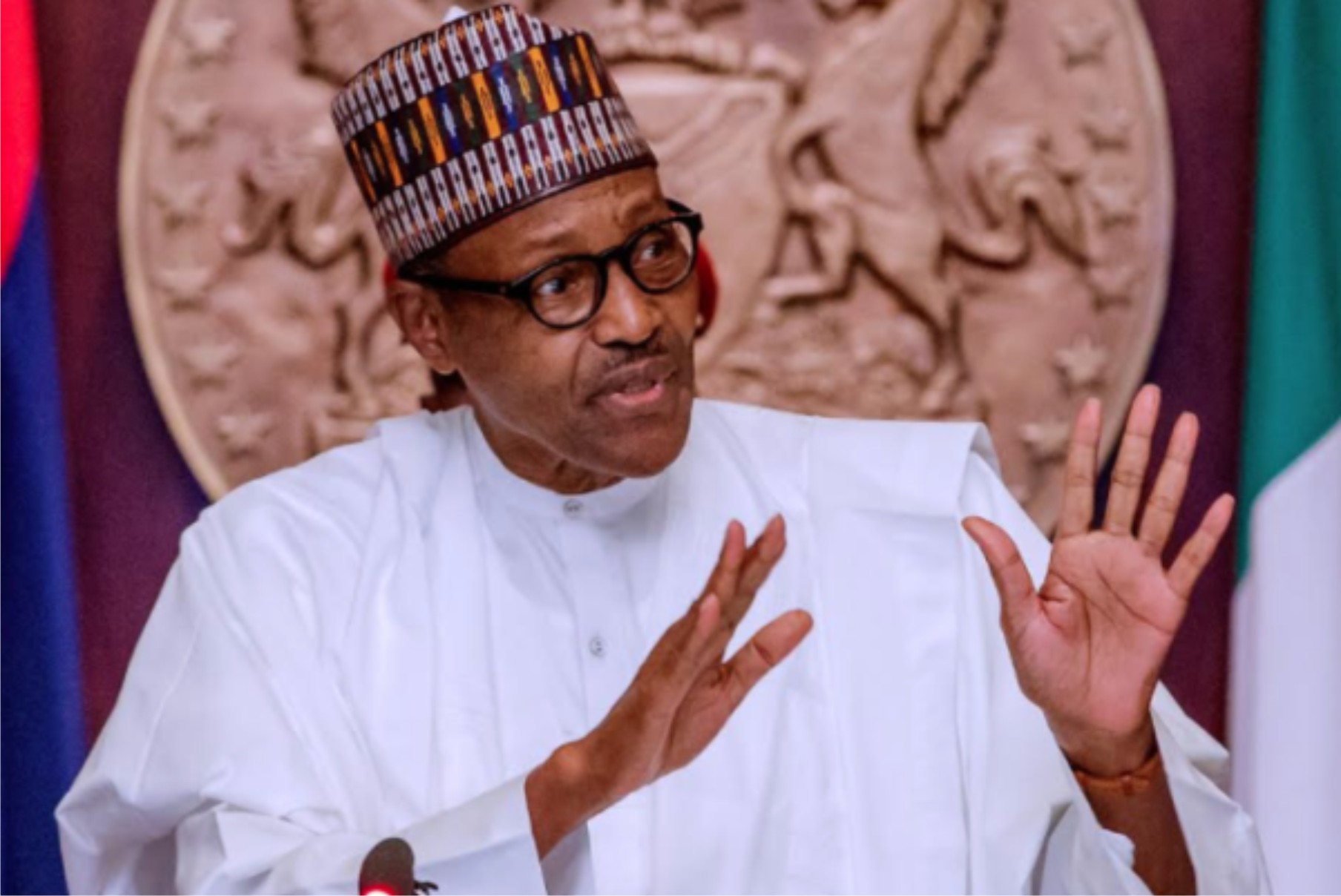News
Buhari’s Out Of Poverty Plan Unrealistic -Don

A senior university lecturer, Prof Okey Onuchuku has faulted the Federal Government’s plan to lift 100million Nigerians out of poverty in 10 years, describing it as unrealistic.
Onuchuku, who is the Director, University of Port Harcourt Business School stated this when he appeared as guest on a Radio programme in Port Harcourt monitored by The Tide, last weekend.
It would be recalled that President Muhammadu Buhari, had in his Democracy Day address on June 12 in Abuja, boasted that his administration would put measures in place to lift one million Nigerians out of poverty in the next decade.
But speaking in Port Harcourt, Onuchuku stated that the Nigerian economy as at present, lacks the capacity and infrastructure to achieve the feat; pointing out that the incumbent administration must demonstrate the political will to put things aright.
According to him, “The structures that are required to do that are not in place. One basic question I want to ask is: what is he using (President Buhari) to define the poverty line? Is it the United Nations’ poverty definition that people who cannot afford to spend one dollar per day fall below the poverty line?
“Or the Nigerian Bureau of Statistics’ benchmark of N180 per day that he uses to define his idea of abject poverty? Does he know that 45 per cent of the rural people are poor and cannot afford that?
“The quality of the population is also very weak because the population has not actually been trained to engage properly. Agriculture and manufacturing are not paying well in this country,” the university don explained.
He, therefore, urged the apex government to create jobs, improve security, power supply and get the local refineries in the country working in order to set the template for job creation.
“What government should do is to create the necessary environment to provide adequate power,that is electricity and to maintain security in order to stimulate investment and production. And this value chain, you know, will engage people.
“Also, ensure that the main sector that drives the economy, which is the oil industry, we must go back to ensure that the refineries are working in order to create jobs.
“Those that have been given licenses to build refineries, we must make them build those refineries or we withdraw the licenses from them instead of just importing petroleum products and selling to Nigerians at a very high rate. So there must be a political will to change the narrative,” Onuchuku stated.
Dennis Naku
News
Cleric Predicts Breakthrough, Warns of Political and Security Challenges in 2026

News
Ado Royal Family Disowns Alleged Installation of Amanyanabo of Okrika

News
PH Traders Laud RSG’s Fire Safety Sensitisation Campaign

-

 News4 days ago
News4 days ago2026 Budget: FG Allocates N12.78bn For Census, NPC Vehicles
-

 Sports4 days ago
Sports4 days agoAFCON: Osimhen, Lookman Threaten Algeria’s Record
-

 Politics4 days ago
Politics4 days agoWike’s LGAs Tour Violates Electoral Laws — Sara-Igbe
-

 Politics4 days ago
Politics4 days agoRivers Political Crisis: PANDEF Urges Restraint, Mutual Forbearance
-

 Sports4 days ago
Sports4 days agoPalace ready To Sell Guehi For Right Price
-

 Sports4 days ago
Sports4 days agoNPFL To Settle Feud between Remo Stars, Ikorodu City
-

 Sports4 days ago
Sports4 days agoArsenal must win trophies to leave legacy – Arteta
-

 Sports4 days ago
Sports4 days agoTottenham Captain Criticises Club’s Hierarchy

